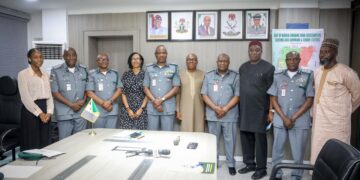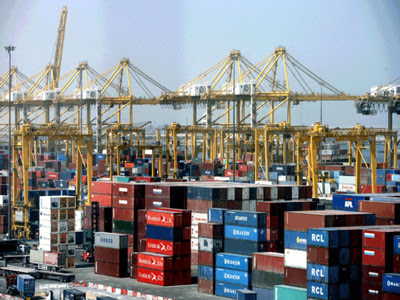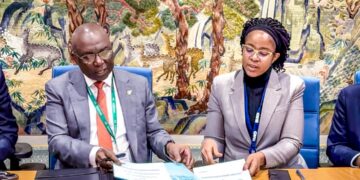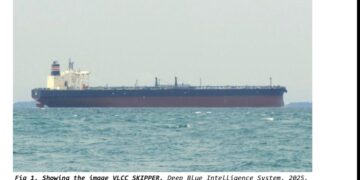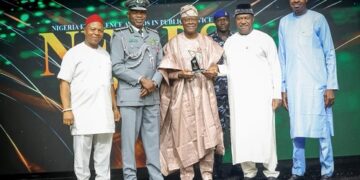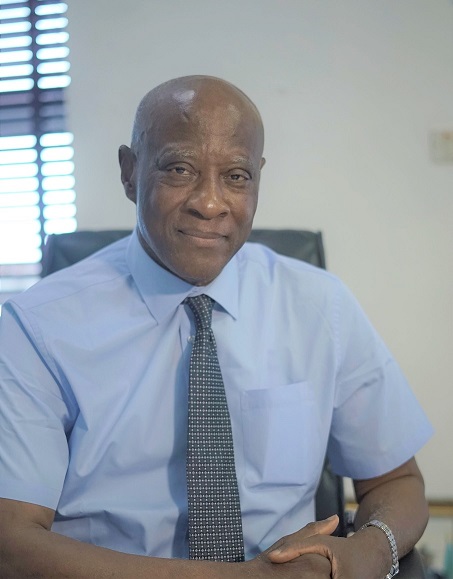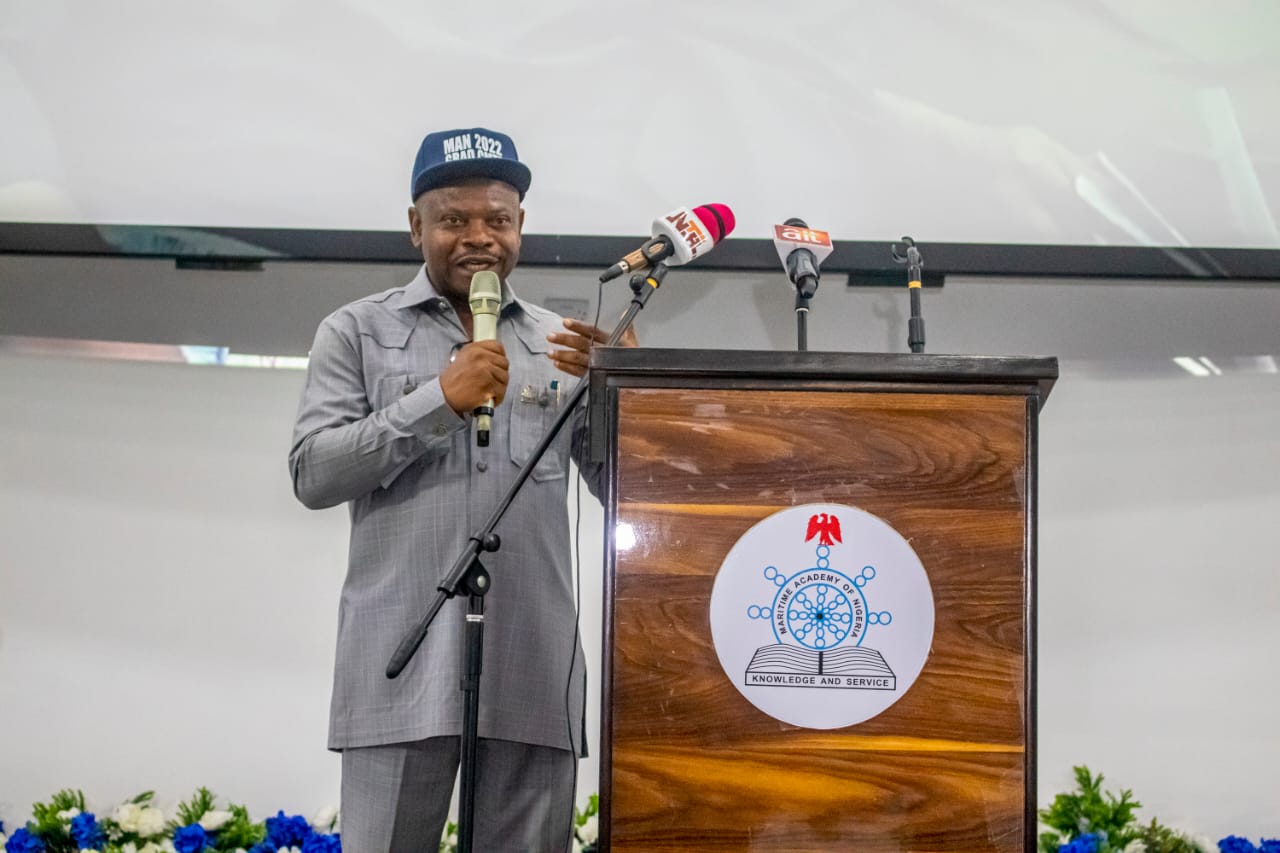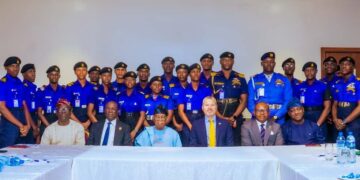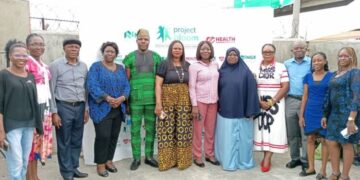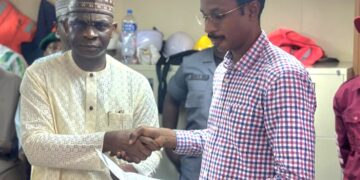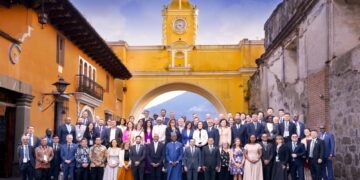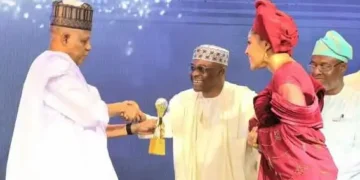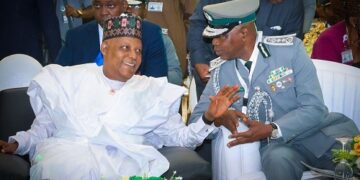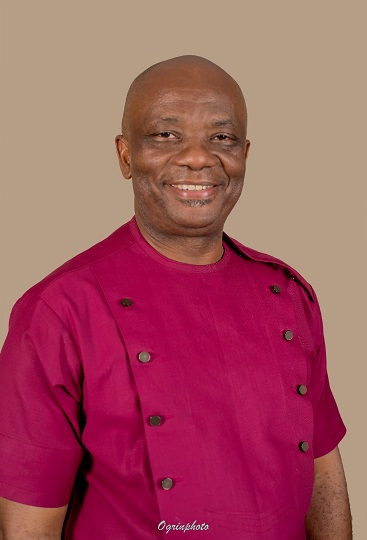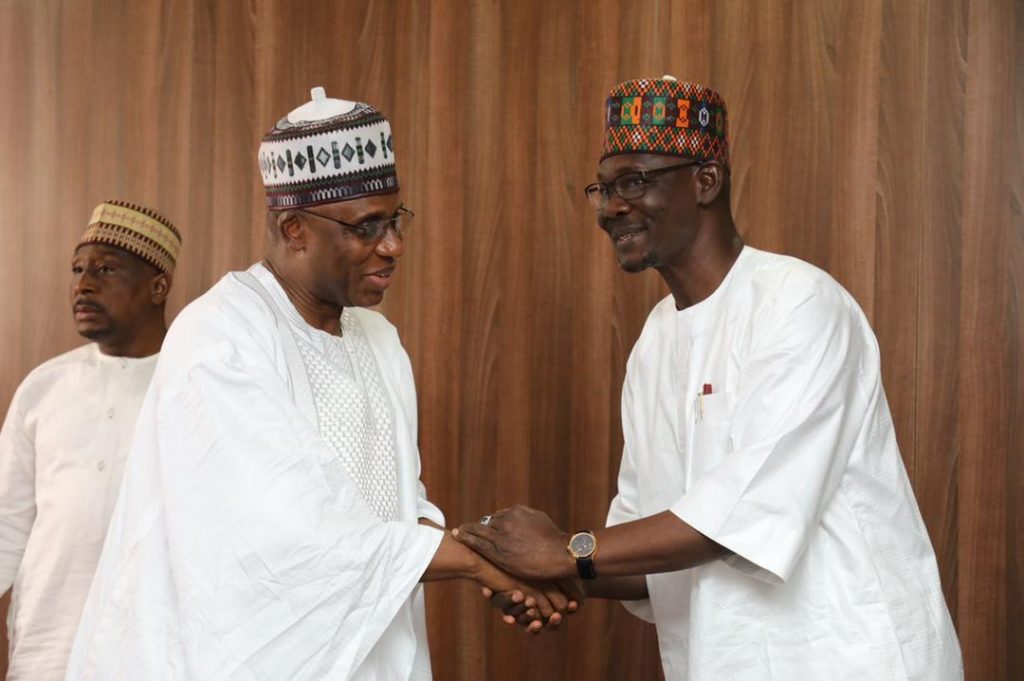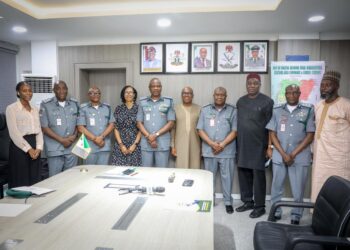Welcome! This is Maritime Reality Check.
I am your host, Hope Orivri.
On this edition of the programme, Captain Sunday Umoren, the Secretary-General of the Memorandum of Understanding on Port State Control for West and Central African Region, also referred to as Abuja MoU, speaks with us on the gains of a training workshop held in Lagos for heads of maritime administrations in the sub-region.
The essence of the port state control regime is for the harmonization of the procedures to ensure actionable agreements among member states. At the heart of the regime is safety, Capt. Umoren says, as he shares on the highpoints of key takeaways from that workshop and how the MoU has strategized for empirical results.
Interview transcript;
Kindly share with us the objectives of the workshop you held for heads of Maritime Administrations in West and Central African Region, known as Abuja MoU
The workshop was in close collaboration between the Abuja MoU, IMO and jointly sponsored by the Nigerian Maritime Administration and Safety Agency (NIMASA) and the Federal Ministry of Transport, Nigeria.
The workshop was for the directors general and chief executive officers of the maritime administrations of the West and Central African region, what we call the Abuja MoU.
Looking at the objectives of the Port State Control regime, the primary objective is to rid the region of sub-standard vessels. As in, the vessels that are not sea- worthy should not be found to be trading; because they stand…there are certain levels of exposure relating to being in the business; the safety of the crew, the protection of the marine environment and the protection of related facilities, of course the interfaces with the ports and terminals.
Typically, you have the DGs running the maritime administrations. These positions are politically appointed positions and often, quite unlike Nigeria where there is a caveat in NIMASA that clearly highlights who should be the DG, some other places, you don’t really have that.
So, our concern was that you have policy makers who may not be too conversant with the maritime safety, that the best way to get them to be conversant is to get them together, because port state control is more of harmonising the structure.
Harmonisation means the structure you have in Nigeria should be the same standard in Cameroun, in Cote d’Ivoire, in South Africa. So, when there is disparity the harmonisation is no longer there. And if the regime is weaker in your country, that means the vessels would come more to your country.
What was the greatest concern that you had as Abuja MoU and the IMO that made you thought it necessary to have that workshop for Heads of the maritime administrations in the sub region?
First, we have an agreed minimum of foreign vessels that should be inspected in each country (actually 15%). Minimum of 15% of foreign vessels calling to your country should be inspected. But the inspection rates were very low and they were struggling to meet that minimum.
Within what range was that?
About 7 per cent.
In about how many countries?
Of the 22 countries, only 18 have actually signed up as full members and of the 18 countries only 14 are actually conducting inspections.
What are the challenges with those countries that have not been able to conduct inspections?
The challenges are issued like ‘top management buy-in.’ Like I said, if the DGs don’t take this as a mandatory act, they find it difficult to support the system. Then again, they have this logistics issues; not have platforms to take the Port State Control officers to the field where inspections are done, some don’t have enough port state control officers, and there is also a lack of experience. But, we now have a mentor/ mentee system whereby countries that are quite good in port state control; like Nigeria and Ghana, would stand up as mentors for countries that are struggling to meet the standard, in which they can have an exchange programme, which I just introduced, that the mentors can actually go to the mentee country for like three to four months and take them through ‘On-the-job’ training to bring them up to speed with what is expected.
I see that IMO showed a strong interest to see that the sub region came up with this workshop. How well would you say the IMO has been supportive to ensure that the sub region improve on its port state control duties?
IMO is a specialised arm of the United Nations specifically dedicated to the maritime safety and activities. So it is their core function. Part of the ‘triple I’ code, is ensuring that countries follow, comply with their conventions in this port state control regime.
For enforcement, IMO promotes; they draw up all the conventions, but they don’t enforce. The enforcement is left to the hands of the maritime administrations. So, the person who made the law would want to see this law followed. So by that angle, you see IMO is taking this seriously.
We actually wrote to IMO asking for sponsorship, because we realised that if we were to ask them to pay their way to down to Nigeria for the conference, it would have been a big issue. IMO actually sponsored, flew them in and paid for their hotel accommodation for the three-day period.
What were the strong points as take-home for each of the countries in that workshop?
Records of recommendations that came of the meeting were broken into two aspects; the recommendations for the Maritime Administrations, and the second part were recommendations for Abuja MoU.
For the maritime administrations;
You can’t enforce a convention that you have not ratified and domesticated. So one of the things brought up was, for now we have 16 conventions that we have acceded to that every inspection is based on. So, they pushed that the member states should ratify and domesticated those conventions. Because, if there are 16 conventions and you have only domesticated five, you can’t go on board and inspect them based on five conventions- that would be an incomplete inspection regime. That is one aspect.
The second aspect is the collaboration, because it is also the flagging system. The flagging system is such that if a vessel comes into your port and there are some issues that are not detainable, you can actually allow the vessel to sail; one of the conditions may be “go and fix this at the next port.” Or, if a vessel leaves another region/ MoU coming to ours and we are warned, we need to pass the information to all the member states. So, that collaborative effort was not there: by the time you write to one DG, probably he is not around, before it gets to the port state control officers who are actually the field people, it would have taken like one month. By that time, the vessel would have escaped. But now, we have actually had a WhatsApp group; simple technology that is working for us, all the port state control officers are signed to it. If there is such problem and it is published on the platform, all the member states see it immediately and they are aware that there is an errant vessel and needs to be apprehended.
So, how soon would you be recovering to enable you do reviews of the actions from the take-home highpoint from that workshop?
As a project manager, you have to draw your project schedules with milestones to achieve, break them into smaller chunks. So, what we’re doing now is, in the next one week we are breaking down all the decisions into smaller chunks; quick wins, mid-term- the ones that we would achieve within one month or two, one year and the rest. We are going to have a project schedule, we would clear achievable milestones, project them and then share them among the DGs, and it has been agreed because the meeting was very successful.
It was actually agreed that we should be meeting every two years. But I will not be waiting for an update to be given to them every two years. So, what I will be doing is that we have quarterly reports and annual reports. I will now have a section in my quarterly reports for updates on the recommendations that we made. That is a way of keeping us on track, because I told my staff, having a successful meeting is not all, it is just the beginning. It is the close-out from the recommendations that is key.
Most projects die before execution, but ours is ensuring we close-out all the recommendations. And that is the only way to be effective and a way to make IMO proud and happy with us. I can tell you that what we did here other MoUs are asking “how did you get it done?” They are also trying to latch on to it. It is good and a starting point. The DGs have known themselves and they have their contacts now. So communication will now be a lot easier and the harmonisation aspect will now be achieved.
Close-out!
Thank you for speaking with us and we will be tracking your activities.


